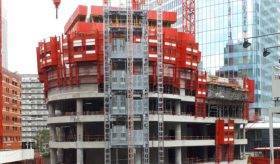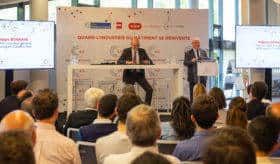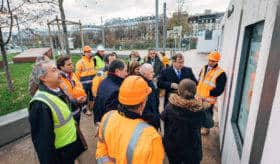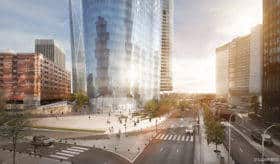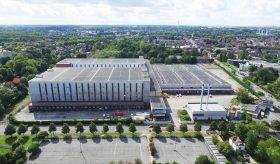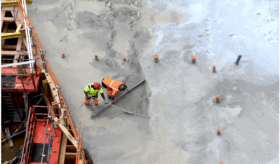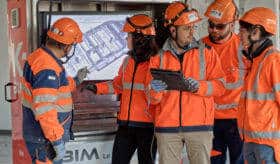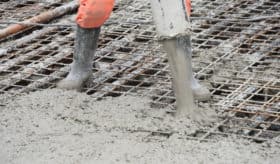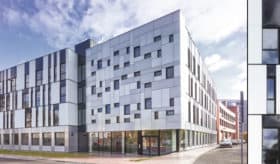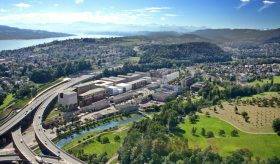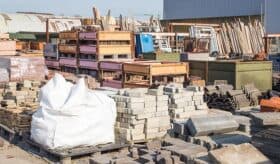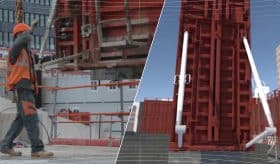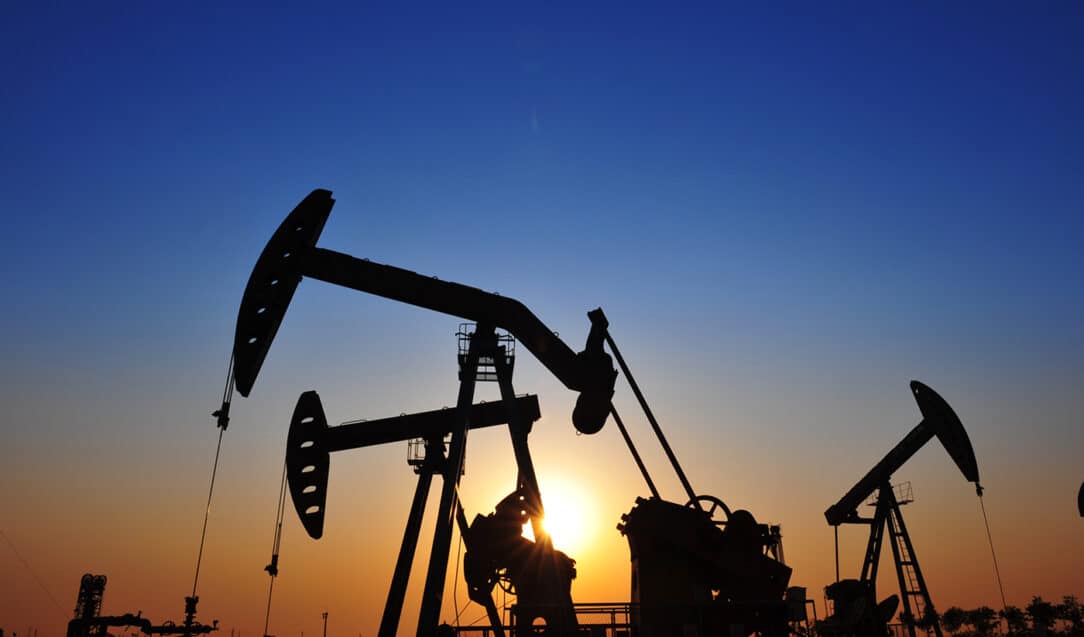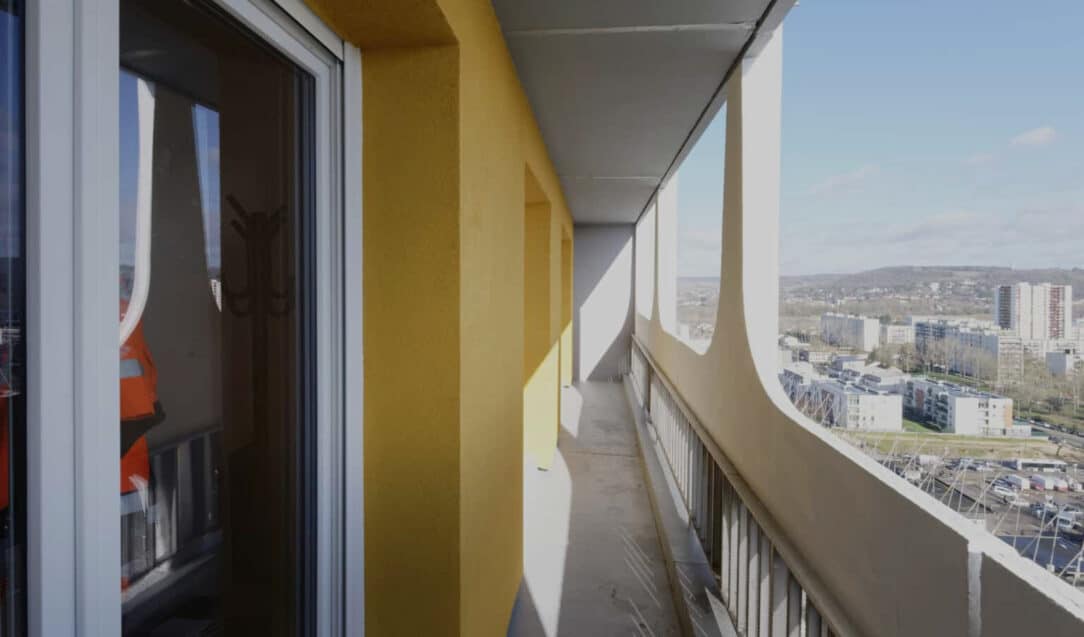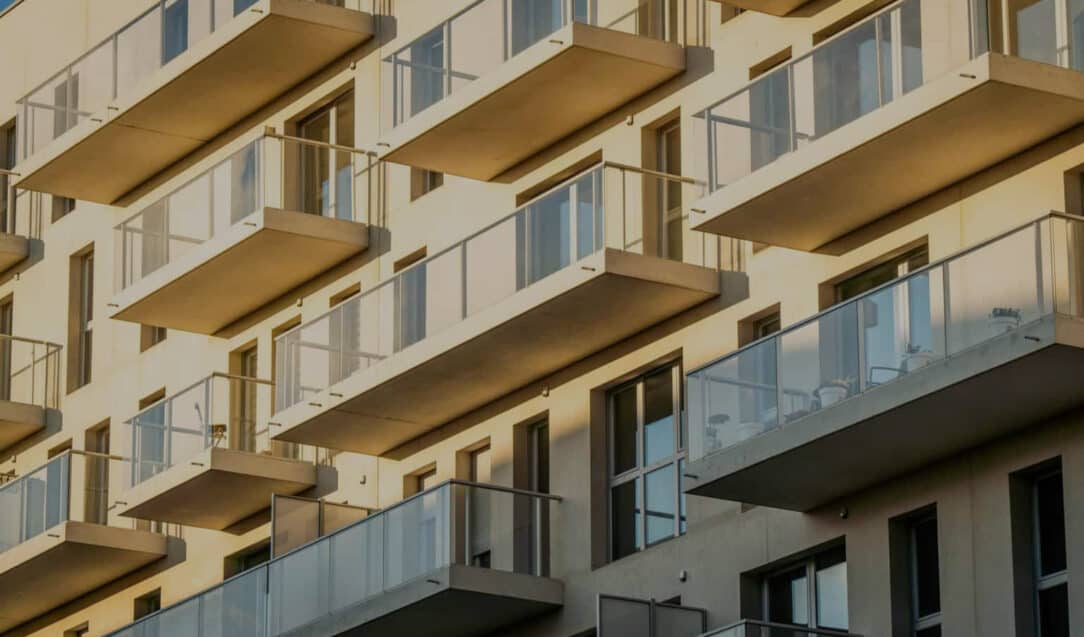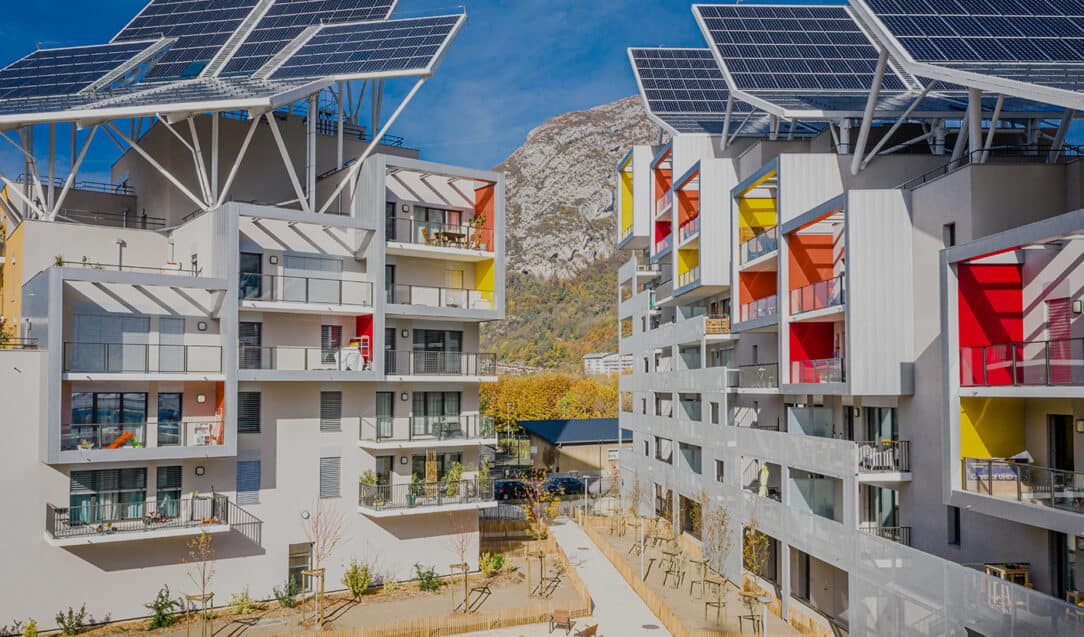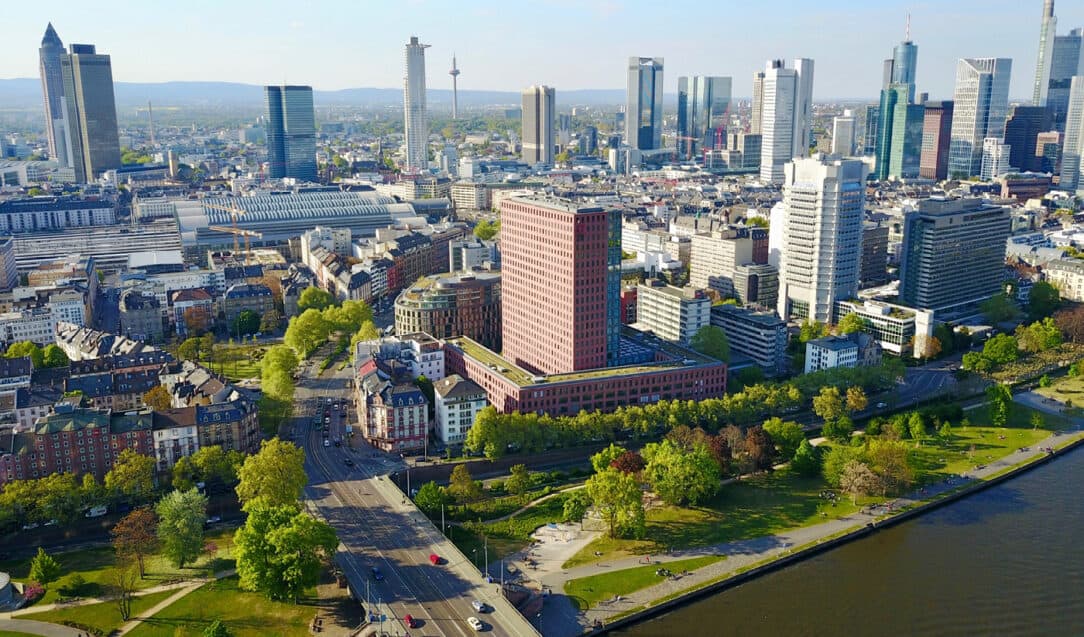Terrasse des Canaux, a temporary space built with circular economy
Bouygues Bâtiment Ile-de-France, subsidiary of Bouygues Construction, signed a partnership with Les Canaux to design and build a 170-square-meter terrace. Built from reclaimed materials along the Canal de l’Ourcq and beneath the Maison des Canaux, this terrace was drawn up by architect and set designer Myrtille Fakhreddine and urban gardener Cédric Derouin. A temporary space (the Terrace will be taken down on 2 September), built using materials from company building sites and other sources!
Open Data, at the heart of local government strategy
Seen as the new "black gold" of our society, data, and particularly the use of data, is central to the strategy of organisations, services and, more recently, local government.
The Common Tower : A Technical First in France to Meet the Challenges of the Tour Alto !
Bouygues Bâtiment Ile-de-France, Parisian subsidiary of Bouygues Construction, is the first construction company in France to set up a common tower, which is on the Tour Alto construction site in La Défense.
Smart Impulse, an eco-friendly solution to help manage your building’s power consumption
Smart Impulse offers large businesses and localities a solution to help them better manage their buildings' power consumption. Discovered by Bouygues Construction in 2012, the start-up has become one of the Group's go-to partners for its business and CSR needs.
90-tonne cancer-fighting cyclotron arrived on site at UCLH!
On Tuesday 19th of June, an epic milestone for the Bouygues UK's UCLH site in central London took place. The cyclotron, the device that will supply the power for the proton beam therapy (PBT) centre at UCLH, was successfully delivered and installed.
Interview of the month: Simon Brouck
Simon Brouck, property development project manager at Linkcity Île-de-France, tells us about the Eole Evangile triangle project “IF”, a fertile island in Paris.
In the shoes of a doctoral candidate
Bouygues Construction and Centrale Lille recently inaugurated the Construction 4.0 Chair, a partnership that represents the culmination of a 15-year relationship widely supported by the region and city. Two theses are already in the works. We met with the PhD students behind them.
The Stade de France turns 20
Twenty years ago, the stands of the Stade de France buzzed with the first chants of football supporters during the 1998 World Cup. As the 2018 World Cup gets underway in Russia, let's take a look back at the construction of this legendary stadium with a few pictures.
Matching Up: three years of open innovation!
Matching Up has reached the three-year stage and more than ever the Bouygues Construction's open innovation programme aims to generate new ideas within the company, putting Group employees and start-ups in touch in order to design and create new projects together.
The Nord Deux Sèvres Hospital (CHNDS) : a pilot worksite for digital modelling
A month ago, over 2,000 people came to visit it and discover its entrance hall, buildings, emergency room and imaging centre. Today, this brand new Nord Deux-Sèvres hospital welcomed its first patient. Let’s take a look back at one of our most technologically advanced worksites in terms of digital modelling.
Interview of the month: Stéphane Allaire
Stéphane Allaire, chairman of Objenious, tells us about the activities, positioning and the technology from this Bouygues Telecom start-up.
When The Construction Industry Reinvents Itself Through Construction Chair 4.0
With the support of Hauts-de-France Regional Council and Métropole Européenne de Lille, Bouygues Construction and Centrale Lille school are launching Construction Chair 4.0 to manage the sector’s digital transition and improve productivity through digital methods and industrialisation.
LEDsPLAY®: creating iconic landmarks by turning bridges into spectacular displays
This is a world first: VSL, Bouygues Construction' subsidiary, is launching LEDsPLAY®, turning cable-stayed bridges into giant 3D screens. Combining a LED stay-cable system and artistic services, VSL helps cities entertain people through the creation of an iconic must-to-see.
Bouygues Construction is building the future at VivaTech
This is THE major international innovation event that cannot be missed: VivaTech is back for a 3rd edition, from 24 to 26 May. Surrounded by partner start-ups, Bouygues Construction will be there to present its innovative technologies and services for well-being on and around its construction sites.
Housing in the future
No aspect of housing has been spared, they are all being reinvented in accordance with three overarching principles: housing that is agile and custom-built, housing that is shared and open to the rest of the city, and housing that is sustainable and resilient.
Interview of the month: Nadi Dezert
Nadi Dezert, Sales and Development Director at Bouygues Energies & Services for the Ile-de-France region, talks to us about Cyber Valet Services, a smart parking service.
Hublo: new digital display solutions at construction sites
Eighteen months ago, Hublo replaced paper-based notices with interactive touchscreens. After the first few trials proved to be a success, the project was expanded. Read on to learn about the roll-out process and the latest developments.
Alto, a one-of-a-kind tower
The Tour Alto is one of many prestigious high-rise buildings erected in La Défense and in other French cities.
The historic thread-spinning neighbourhood aiming to weave a fabric of society
Tucked into the heart of the Lille metropolitan area, an extraordinary neighbourhood is taking shape. It’s a neighbourhood focused on its future inhabitants while honouring its past. Let’s explore this project built by Bouygues Bâtiment Nord Est, a company of Bouygues Construction.



